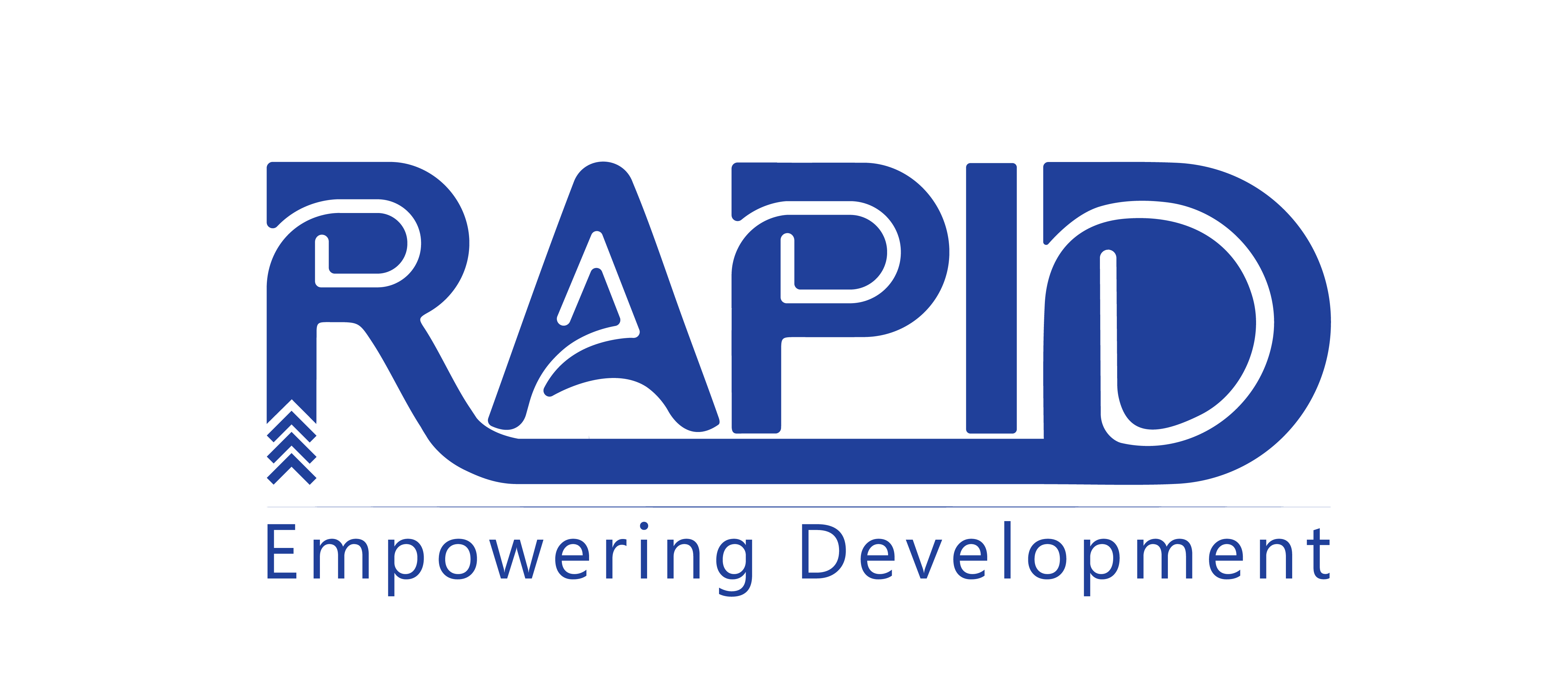Strategic Approaches to FTAs in the Context of LDC Graduation: Policy Imperatives for Bangladesh
The impending graduation from its LDC status marks a critical transition for Bangladesh as the resultant loss of preferential market access threatens to undermine its export competitiveness. This paper analyses the strategic importance of Free Trade Agreements (FTAs) in mitigating these risks and outlines a framework to guide Bangladesh’s engagement in reciprocitybased trade arrangements. It identifies priority markets where FTAs or alternative arrangements are essential to retain duty-free market access and also to maintain parity with rivals. Key challenges confronted by Bangladesh in pursuing FTAs include revenue dependence on high tariffs, which raises the risk of fiscal losses and trade diversion in the face of any tariff reduction as part of FTA negotiations; weak compliance with international standards that reduces credibility with partners and limits product diversification; a narrow export basket, which constrains the scope of offensive interests in negotiations; entrenched vested interests that resist liberalisation and reform; limited trade complementarity, which weakens the economic case for deals with many partners; and inadequate institutional capacity for negotiation, which hampers the ability to prepare and defend credible positions. The paper recommends a sequenced reform strategy centred on rationalising tariffs, prioritising FTA negotiations in markets where preference erosion is most acute, leveraging WTO flexibilities for potential South–South agreements (for instance, with China and India), strengthening institutional capacity through a permanent institutional framework for systematic trade negotiations, and building domestic support for gradual liberalisation.

